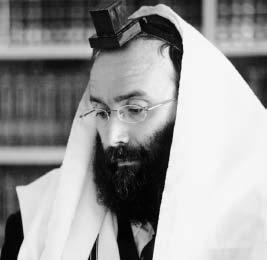JudaismLeadership, Authority, and Religious Roles |
What are some of the main varieties of Jewish religious officials or specialists? |
During biblical times the centralized cult of the Temple in Jerusalem required a large and elaborate system of specialists and functionaries. Emblematic roles were assigned to tribes, and to certain clans and families within the tribes. Destruction of the Second Temple in 70 C.E. brought dramatic change in its wake, including a great simplification in ritual practice. The shift to local synagogue worship naturally required the development of a local officialdom whose duties would include presiding over the much-smaller-scale ritual and, at the same time, looking after the more comprehensive spiritual needs of a local community for whom the synagogue was now the focus of religious life.
The rabbi (Hebrew for “my master”) is the principal religious authority and community representative in contemporary Judaism, as well as the primary leader of synagogue worship. The latter function seems to be a relatively modern development, with emphasis in earlier post-biblical eras on the rabbi as scholar and teacher. In some regions, rabbinical conferences or other organizations may elect or appoint one of their members to serve as “chief” rabbi. Most synagogues and local communities divide duties among several other offices. One of the more important is that of the cantor (hazzan), often a person of considerable musical ability and training whose duty is to chant sacred text and to sing special prayers for the various religious observances. The position has been especially necessary in communities whose members generally do not read Hebrew. In Late Antiquity the term hazzan referred to several community functions but later it was applied exclusively to the cantor (or sheliach zibbur, emissary of the congregation). Throughout Jewish history, many rabbis have served as cantors in their synagogues, but rabbi-cantors are now less common. In some congregations a layperson called the gabbai (“overseer,” roughly) has the duty of commissioning Torah readers for each service.

The rabbi is the principal religious authority and community representative in contemporary Judaism, as well as the primary leader of synagogue worship.
